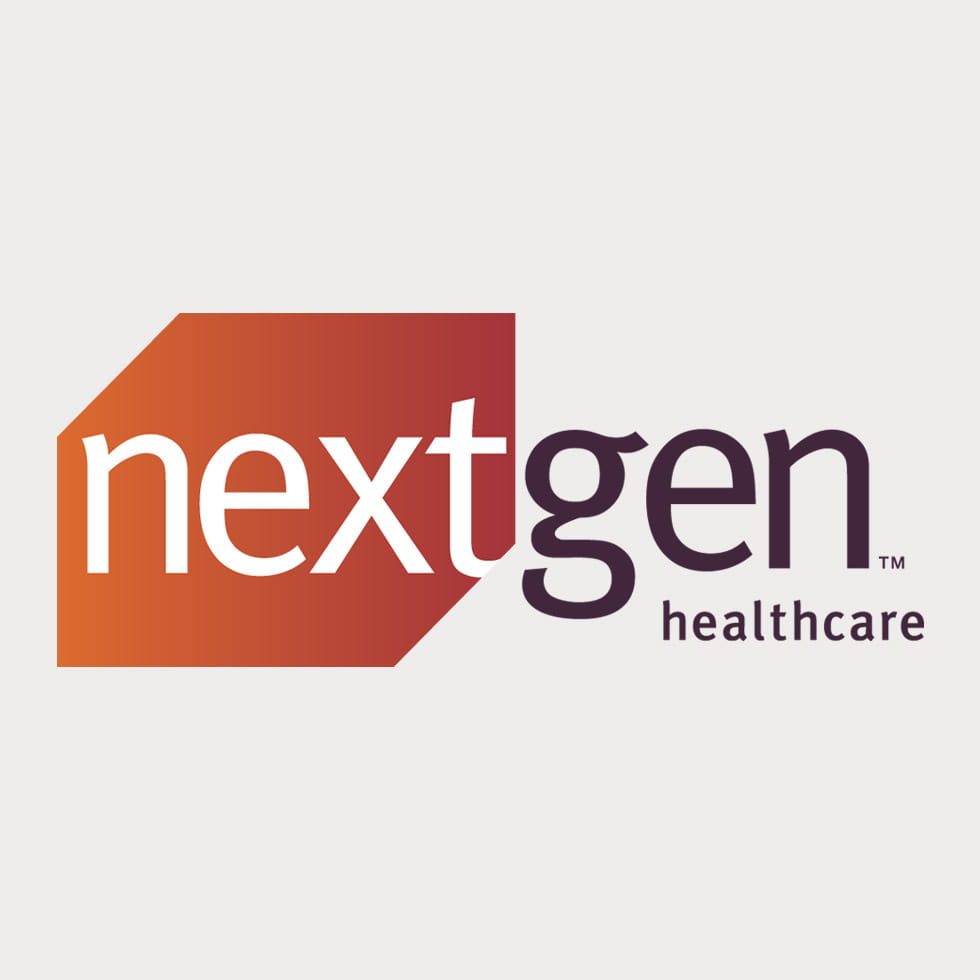In this podcast episode, NextGen® Advisors Graham Brown and Dr. Betty Rabinowtz discuss national breast cancer awareness month and national depression and mental health screening month, as well as developments at the FDA regarding booster shots for COVID-19.
In the past weeks, there's been some interesting discussion at the FDA Advisory Committee, which is looking to update guidance regarding booster shots for COVID-19 vaccinations using a mixed dosing approach.
This potential approach of mixing doses from different vaccine manufacturers was foreshadowed when researchers presented findings of a federally funded mix and match study that the National Institutes of Health undertook.
The study found that those who got a Johnson & Johnson shot followed by a Moderna booster saw their antibody levels rise 76-fold within 15 days, while those who got a second dose of the Johnson & Johnson vaccine saw only a fourfold rise during the same period. A Pfizer booster shot raised antibody levels in Johnson & Johnson recipients 35-fold.
Federal regulators met this week. It looks like they've authorized both Moderna and Johnson & Johnson to come out with booster shots. And soon, this mix and matching approach is going to be available.
According to Dr. Betty Rabinowitz, this approach will make getting shots easier. Especially if there are issues with supply, availability, or logistics of getting the shots, it now opens an opportunity to get any shot available as your booster shot. This assures higher levels of immunity, which is what we were trying to achieve.
Another vital topic for October is depression and mental health screening. Depression has been associated with shorter life expectancy for individuals, particularly if they have other conditions. Individuals with complex chronic illness and depression are shown to have a much shorter life expectancy. There's a lot of complications that occur when those two conditions are experienced together. That means that the importance of screening for depression in patients with chronic illness becomes paramount. And that aggressive, proactive, continuous intervention for these patients, preferably in an integrated care setting, becomes critically important. There's evidence, for example, that patients with cancer in whom depression, emotional, and spiritual needs are addressed fare better and postpone relapses of cancer compared with other patients.
October is also a Breast Cancer Screening month, Graham Brown and Dr. Betty Rabinowitz in this week’s episode are trying to identify barriers some individuals face when seeking breast cancer screening.
According to Dr. Betty Rabinowitz, there are patient-driven barriers and then system-driven barriers. The patient-driven barriers are reluctance to get screened because of concerns, worry about getting a bad result, and worry about the test being uncomfortable. And then there are barriers to access. And cost barriers. New York state has been very proactive in offering financial support and time off work. It has gone all out to support women of all socioeconomic and access capabilities to get mammograms and have mobile units and campaigns to encourage women to get mammograms.
This isn't the case in all states. There are still underserved populations and populations of color where access and cost are significant barriers to getting mammography screening. And therefore, some of the outcomes are worse in those communities. Diagnosis is made later, and results are poorer in those communities.
Another barrier that is not always recognized is the fact that there aren't clear guidelines around mammography. If you look at the US Preventive Services Task Force recommendations, they recommend mammograms every other year between 50 and 75. If you look at the American Cancer Society's recommendations, they recommend biannually between 45 and 55, and 55 and on to do annual mammograms. Every time two major clinical societies' voices differ in this way; we sow the seeds of confusion. Which gives women excuses or confuses them and makes them ask, which is it? I don't trust these recommendations. You can't even agree about them. The thing to do is to find your primary care physician, the one you trust, the one with whom you create a long-term trusted, caring relationship, and follow their recommendations.
Listen to more in-depth discussion on all three topics on this week's podcast: A Focus on Prevention – Breast Cancer Awareness, Mental Health, and COVID-19 Booster Shots.
Meet NextGen Ambient Assist, your new AI ally that generates a structured SOAP note in seconds from listening to the natural patient/provider conversation.
Read Now